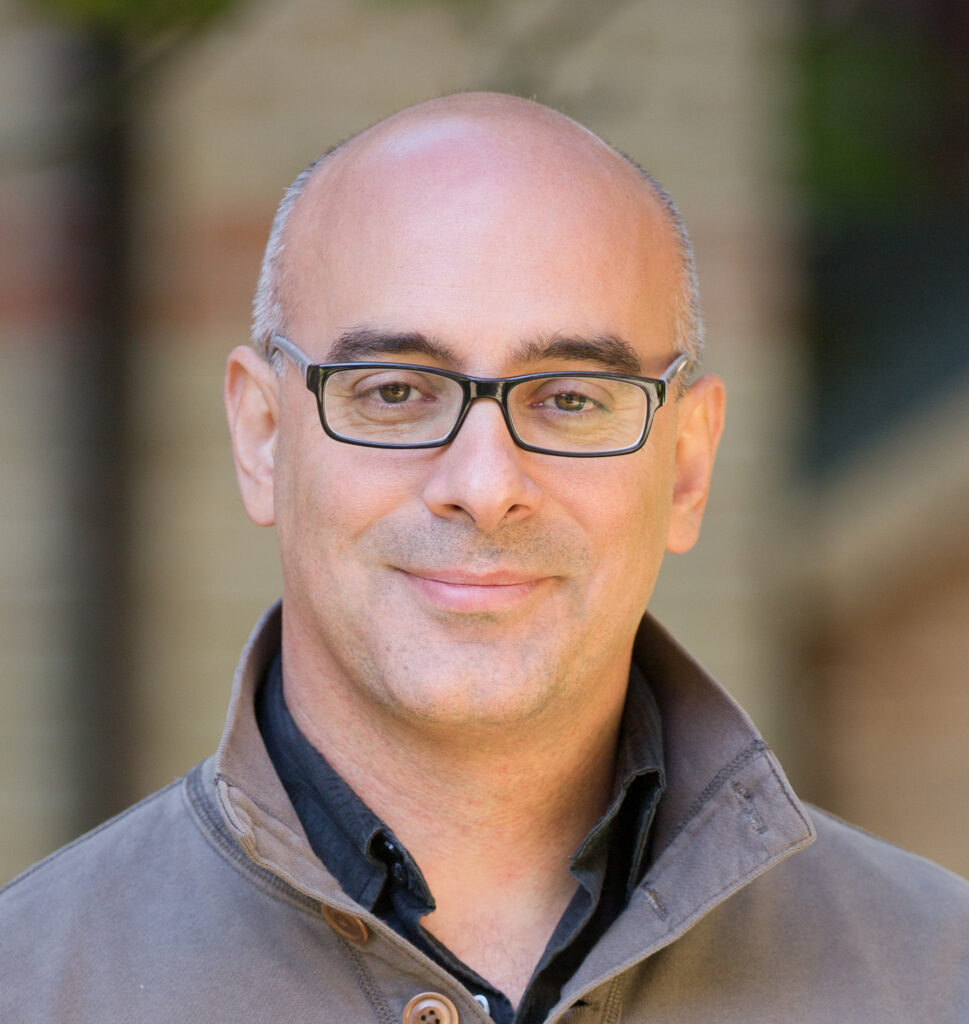A Case for Interfaith Dialogue in the Middle East
By Martin Accad and Tim Brys
From the Institute of Middle East Studies Blog.
Whereas peacebuilding is generally viewed as a noble vocation, there are many who question the legitimacy and purpose of interfaith dialogue, notably in Evangelical circles. But what of places where religious belonging overlaps with sectarianism and where sectarianism represents the frontline of conflict?
Lebanon is a sectarian state – the sectarian state par excellence. According to David Hirst, Lebanon is “an amalgam of religious communities and their myriad sub-divisions, with a constitutional and political order to match.” 1 In layman’s terms: everybody in Lebanon thinks according to the religious sect they belong to (there are 18 officially recognized ones), and they vote accordingly as well.
Lebanon’s intermingling of tribalism and religious identity caused many of its civil war fighting factions to strongly identify with their religious tribe. In their mindset, they were Christian or Muslim; Maronite, Orthodox, Armenian, Syriac, Sunni, Shiite, or Druze, before being Lebanese. To the casual observer, the Lebanese Civil War of 1975–1990 may appear to have been a religious war. After all, didn’t we see Christian fight Muslim, Shiite bomb Sunni, Druze massacre Maronite, and that for fifteen very long years? Yet upon closer inspection, these groups were not fighting over theological differences.
A sharper analysis perceives that the fight itself was a tribal “us” vs. “them,” even when “us” and “them” happened to have very little by way of religious disagreement. In fact, some of the bloodiest battles of the civil war took place between different Maronite militias, of which there were at least 5 major ones fighting over various fiefs. This had nothing to do with the groups’ respective theologies, and everything to do with their tribal politics.
Christians did not kill Muslims for their disbelief in the divinity of Christ. Shiites did not kill Sunnis to avenge al-Hussein who was killed by the second Umayyad caliph back in the day. The civil war was not religious in nature. It was … sectarian. That is, tribal, where religion or sect functions as the tribe.
In fact, Lebanon is so sectarian that France, its former colonial ruler, enriched the French language with the word “libanisation” (lit. Lebanonization) to refer to “the process of fragmentation of a state, resulting in the confrontation between diverse communities of faith, alluding to the confrontations that Lebanon witnessed in the 1980s.” 2 The term has the doubtful honor of vying for popularity in the French language with the term “balkanisation,” which refers to that other mountainous region also scarred by intense sectarian violence at the end of the previous century.
The irony of course is that France helped shape this sectarian system and mindset in the first place! The encounter between Ottoman imperialism and European (specifically French) colonialism “profoundly altered the meaning of religion in the multiconfessional society of Mount Lebanon because it emphasized sectarian identity as the only viable marker of political reform and the only authentic basis for political claims.” 3 Lebanon’s tribal social substructure was sanctified by joining religion and politics in an unhappy marriage. The Lebanese Civil War was this couple’s natural offspring.
Defying all logic, the unhappy sectarian couple saw no reason to file for divorce after the civil war. On the contrary, the end-of-war agreement was like a wedding vow renewal. The warlords of the past became the politicians of the present. Each rebuilt his militia within the bureaucratic structure of a failed government, but this time there were white-collar militiamen wearing ties! With sectarianism reaffirmed and further entrenched in society, conflict and prejudice have never been far away.
Today, a large proportion of the Lebanese population has an excessively high level of loyalty to their sectarian leaders and former warlords, despite their deep-seated corruption and bloody past. There is little understanding for a concept of common good for all Lebanese people where citizens are all equal before the law. Voting for a suitable and less corrupt candidate from a different sect is considered anathema. That would mean betraying one’s own sectarian community and strengthening the grip of another on the country. The 2018 general elections showed that long after the war, such thinking still runs rife.
This sectarianism poses a serious obstacle to peace, by which we don’t mean the absence of war but the thriving of communities under God’s comprehensive peace – the Biblical shalom. Since different Lebanese communities don’t trust each other, they don’t cooperate but rather compete for resources and control. Lebanese sectarianism reduces public life to a zero-sum game, where what I win you lose and what you win I lose.
Sectarian divisions in Lebanon are not inherently theological (though they are related to theology), but rather tribal (though tied to a religious identity). One does therefore not have to compromise one’s theological convictions in order to reach out to other communities to build peace. On the contrary, as we seek inter-sectarian peace, build bridges between disparate communities, and foster a national vision for the common good across sectarian lines, we need to be rooted in faith values without ever relinquishing our distinct vision of God and his Kingdom.
Whereas a sectarian mindset causes each to fight for their own tribal god, faith-based peacebuilding through dialogue is acting in the cause of the one God.
Martin Accad and Tim Brys. “Sectarianism: the unhappy marriage of tribal and religious identity in Lebanon” IMES Blog, October 14, 2020, https://abtslebanon.org/2020/10/14/sectarianism-the-unhappy-marriage-of-tribal-and-religious-identity-in-lebanon/#more-12069.
This article first appeared on the Institute of Middle East Studies (IMES) Blog, a research and resource institute of the Arab Baptist Theological Seminary in Beirut, Lebanon. It is used with permission.

Martin Accad, a Langham Scholar, teaches at the Arab Baptist Theological Seminary (ABTS) in Beirut, Lebanon, where he founded and directs the Institute of Middle East Studies. He teaches on Islam, Middle-Eastern Christianity, and Christian-Muslim relations both at ABTS and at Fuller Seminary, where he serves as affiliate associate professor of Islamic studies.

Tim Brys is a Master of Religion in MENA Studies student at the Arab Baptist Theological Seminary (ABTS) in Beirut, Lebanon, where he is researching Christian peacebuilding in interreligious contexts.
REFERENCES
[1] Hirst, David. Beware of small states: Lebanon, battleground of the Middle East. Bold Type Books, 2011, p2.
[2] Larousse, https://www.larousse.fr/dictionnaires/francais/libanisation/46955.
[3] Makdisi, Ussama. The culture of sectarianism: community, history, and violence in nineteenth-century Ottoman Lebanon. Univ of California Press, 2000, p2.
